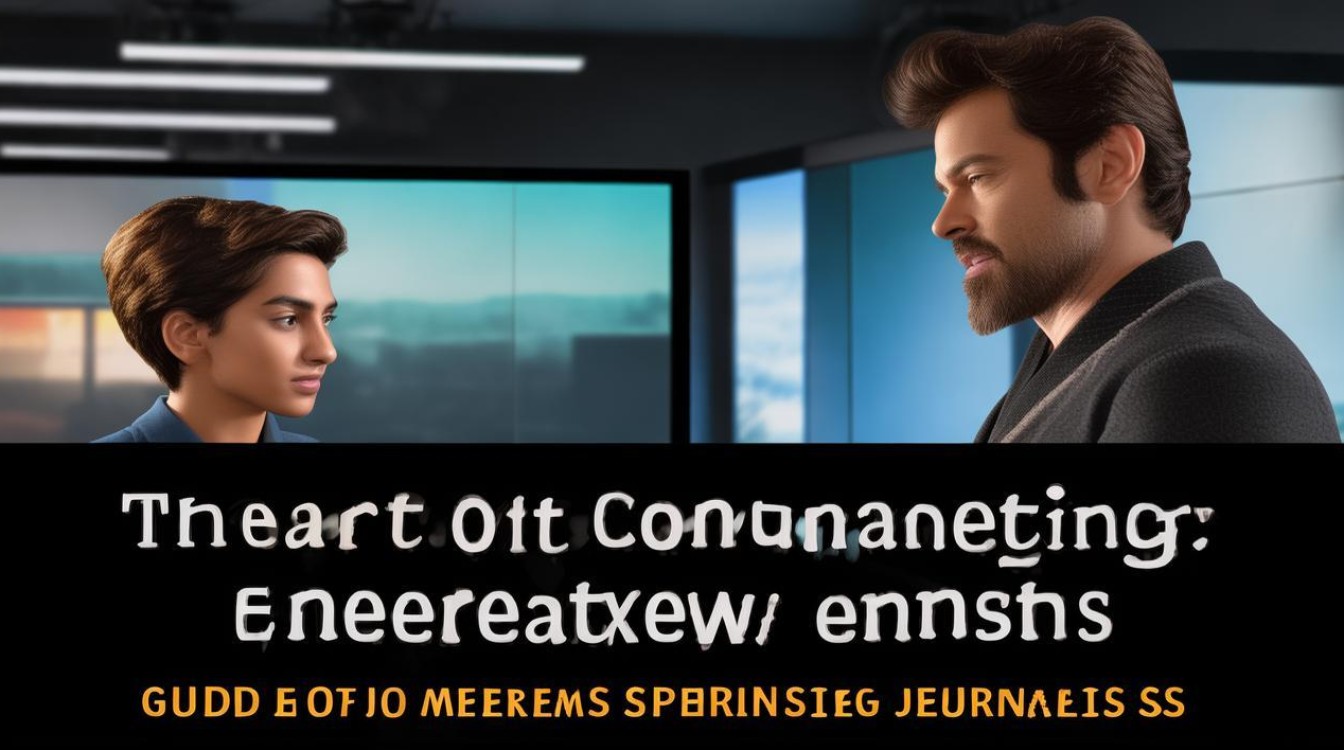Interviewing celebrities is both an art and a skill, requiring preparation, cultural awareness, and linguistic finesse. Whether you’re a student writing an English essay or a budding journalist, mastering this craft can open doors to unique storytelling opportunities. Here’s how to excel in celebrity interviews while crafting compelling English content.

Research: The Foundation of a Great Interview
Before drafting questions, immerse yourself in the interviewee’s work. Watch their films, listen to their music, or read their books. For instance, if interviewing a director like Christopher Nolan, study his filmography and thematic style. This depth shows respect and elicits thoughtful responses.
Key steps:
- Identify their recent projects and public statements.
- Note controversies or achievements to address tactfully.
- Avoid generic questions; instead, ask about creative processes or societal impacts.
Structuring the Conversation
A well-organized interview flows naturally. Start with light, engaging questions before delving into deeper topics. For example:
- Icebreakers: "How do you unwind after intense roles?"
- Career insights: "What drew you to this unconventional script?"
- Personal philosophy: "How do you balance fame and privacy?"
Transition smoothly between topics. If the celebrity mentions a challenge they faced, follow up with, "How did that experience shape your approach to future projects?"
Language and Tone
Celebrities respond to clarity and authenticity. Use polished yet conversational English. Avoid slang unless the interviewee uses it first. For non-native speakers, simplicity is powerful:

- Instead of, "What catalyzed your metamorphosis as an artist?" try, "How has your art evolved over time?"
Phrases to build rapport:
- "Many fans admire your work in [specific project]. What was the most rewarding part?"
- "Your perspective on [topic] is unique. Could you elaborate?"
Handling Sensitive Topics
Tread carefully with personal or controversial subjects. Frame questions diplomatically:
- Instead of: "Why did your last film flop?"
- Try: "What lessons did you take from the audience’s reaction to [film]?"
If they deflect, respect their boundaries and pivot gracefully.
Capturing Authentic Quotes
Memorable interviews reveal personality. Encourage anecdotes:
- "Tell me about a moment on set that surprised you."
- "What’s a piece of advice you wish you’d received early in your career?"
These prompts often yield quotable, emotional responses.

Post-Interview Writing
When transforming the conversation into an essay or article:
- Lead with a hook: "When [Celebrity Name] walked into the room, their presence was quieter than expected—until they spoke about their latest passion project."
- Weave direct quotes into narrative commentary.
- Maintain their voice: If they speak informally, retain that authenticity.
Cultural Nuances in English Interviews
Western celebrities may value humor or self-deprecation, while others prefer formality. Observe their style in prior interviews. For example:
- A comedian like Ricky Gervais might appreciate wit: "Do you ever improvise lines just to make the crew laugh?"
- A humanitarian like Malala Yousafzai merits respectful, issue-focused questions.
Common Pitfalls to Avoid
- Over-reliance on clichés: "How does it feel to be famous?"
- Ignoring cues: If they seem disinterested in a topic, move on.
- Poor timing: Don’t rush sensitive questions at the end.
Ethical Considerations
Always fact-check quotes and respect off-the-record requests. Misrepresenting a celebrity can damage credibility.
Practicing the Craft
Conduct mock interviews with peers. Analyze transcripts to refine pacing and question quality. Study iconic interviews—Oprah Winfrey’s empathetic style or Larry King’s directness—for inspiration.
A great celebrity interview doesn’t just inform; it connects readers to the human behind the fame. By combining thorough research, thoughtful questions, and polished English expression, you’ll create content that resonates with audiences and stands out in digital spaces.

Journalism is about curiosity and respect. Whether you’re writing for an assignment or a global platform, the principles remain the same: listen deeply, write vividly, and let the subject’s story shine.


